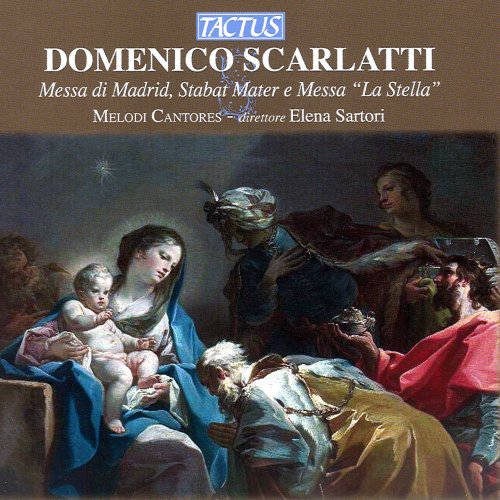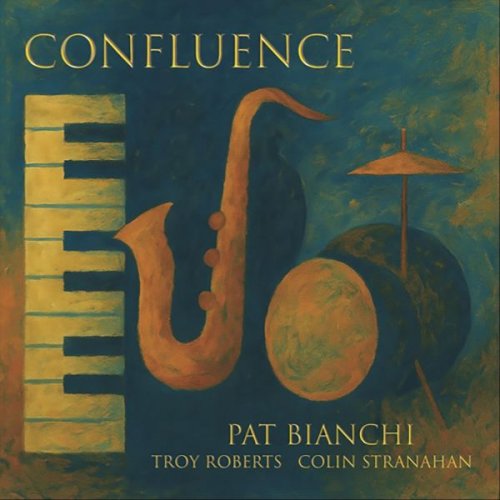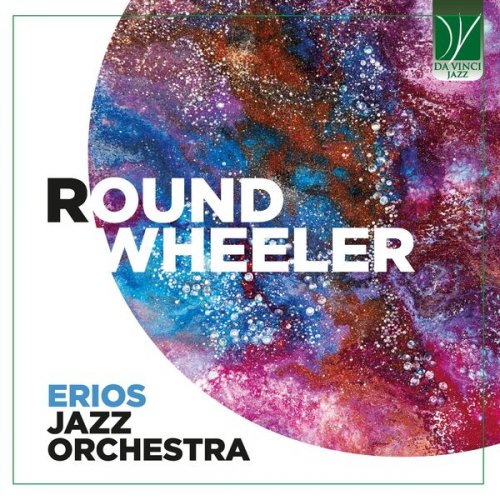Melodi Cantores, Elena Sartori - Scarlatti: Messa di Madrid, Stabat Mater & Messa 'La Stella' (2013)

Artist: Melodi Cantores, Elena Sartori, Simone Gheller
Title: Scarlatti: Messa di Madrid, Stabat Mater & Messa 'La Stella'
Year Of Release: 2013
Label: Tactus
Genre: Classical
Quality: FLAC (tracks + booklet)
Total Time: 1:11:19
Total Size: 338 MB
WebSite: Album Preview
Tracklist:Title: Scarlatti: Messa di Madrid, Stabat Mater & Messa 'La Stella'
Year Of Release: 2013
Label: Tactus
Genre: Classical
Quality: FLAC (tracks + booklet)
Total Time: 1:11:19
Total Size: 338 MB
WebSite: Album Preview
01. Kyrie
02. Gloria
03. Credo
04. Sanctus - Benedictus
05. Agnus dei
06. Stabat Mater
07. Cujus animam gementem
08. Quis non posset
09. Eja Mater, fons amoris
10. Sancta mater, istud agas
11. Fac me vere tecum flere
12. Juxta crucem
13. Inflammatus
14. Fac ut animae
15. Amen
16. Kyrie
17. Gloria
18. Sanctus
19. Credo
20. Agnus Dei
The ever-prolific Domenico Scarlatti, in addition to his hundreds of keyboard sonatas, wrote works in other genres, including a good deal of sacred choral music. It may be surprising to learn that some of this choral music is as conservative as the keyboard sonatas are radical. The early Missa La Stella recorded here is almost an academic essay in Palestrina counterpoint, and the other two works, although they expand on Scarlatti's models in various interesting ways, are nowhere even Baroque in style, to say nothing of Classical. They are for choir accompanied by a continuo (here played by an organ), but the continuo could be omitted without doing much damage to the music; it mostly just reiterates the polyphonic lines of the choir rather than outlining harmonic motion. The most famous of these three works, and also the most modern, is the Stabat Mater for 10 voices in C minor. Clearly tonal rather than modal, it weaves sensuous operatic lines into polyphony in a way Bach would have enjoyed. And it exploits the range of contrasts available with the 10-part forces: they are never split into two choirs but rather group themselves into antiphonal forces of various sizes. There are sharper recordings of this work available, but for the two masses, the listener has few other choices. The small Italian choir Melodi Cantores suffers from intonation problems. But the true Scarlatti devotee may wish to investigate this music, wherein Scarlatti's imagination shows through (especially in the Missa di Madrid) even in hidebound forms. ~ James Manheim



![Whatever Happens Don't Be Yourself! - Tales of No Consequence (2026) [Hi-Res] Whatever Happens Don't Be Yourself! - Tales of No Consequence (2026) [Hi-Res]](https://img.israbox.com/img/2026-02/27/6usdiy5oinb96d1lfeldes4eg.jpg)


![Dub Colossus - Dub Will Keep Us Together (2026) [Hi-Res] Dub Colossus - Dub Will Keep Us Together (2026) [Hi-Res]](https://www.dibpic.com/uploads/posts/2026-03/1772556292_folder.jpg)

![Clifford Brown - Oldies Mix: Brownie (Remastered) (2025) [Hi-Res] Clifford Brown - Oldies Mix: Brownie (Remastered) (2025) [Hi-Res]](https://img.israbox.com/img/2026-03/03/2kclmln8ho6kq4e7w6k0ouqcm.jpg)